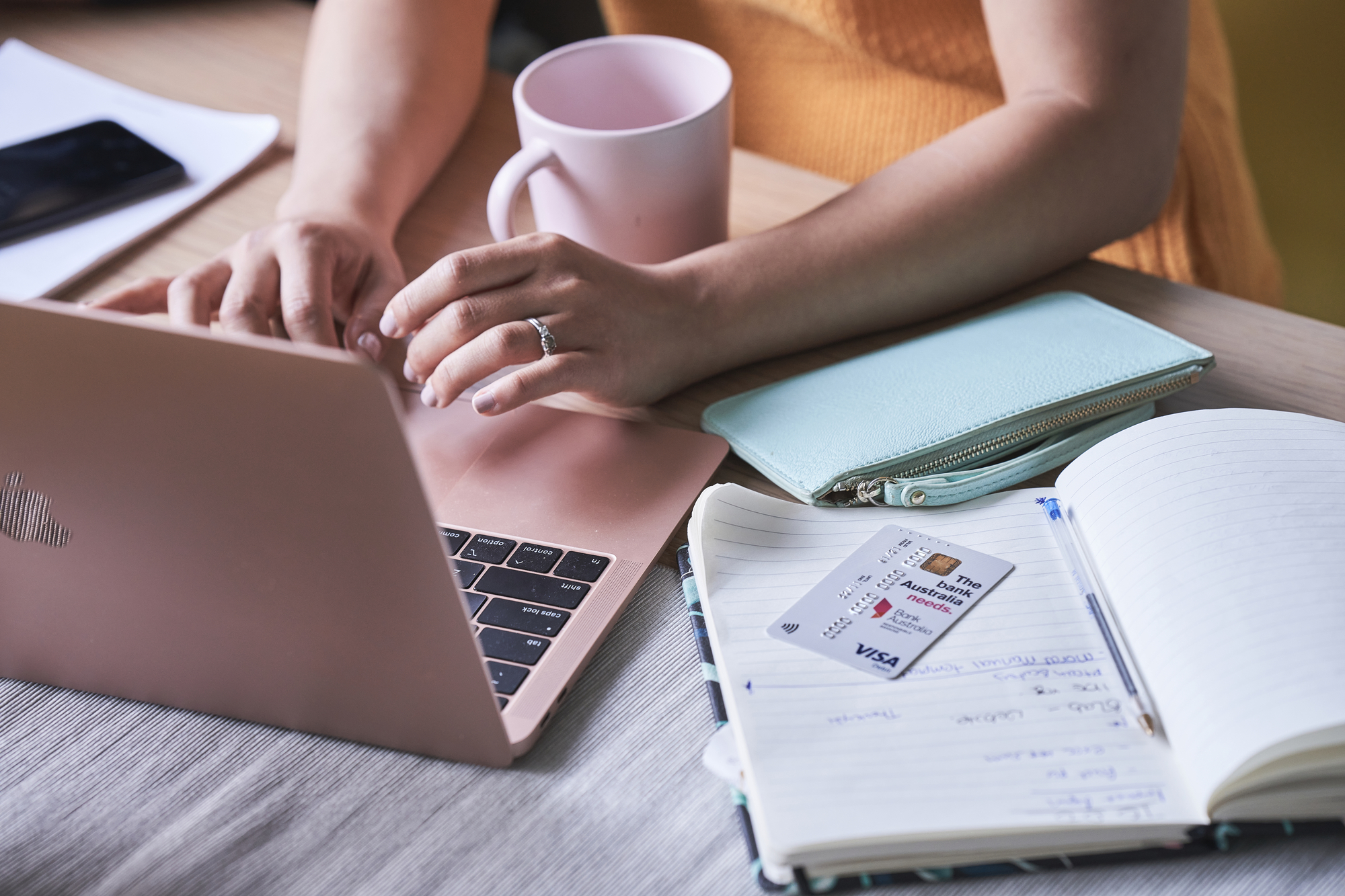Interest Rate Increase - Thursday 5 February: Following the RBA’s decision to change the official cash rate, interest rates for owner occupier, investor and commercial variable loans will increase by 0.25%, effective 19 February 2026. From 19 February 2026, deposit rates across the majority of savings products will also increase by 0.25%. Find out more.
2026-02-03 3:38 pm
Romance Scam Alert — Wednesday 11 February: Scammers are using online relationships to steal money and personal information. Watch for fast‑moving relationships, refusal to meet, or urgent requests for help. Learn more.
2022-11-07 12:47 pm






.webp)









.webp)
.webp)
.webp)


LiamNeal-04638.webp)
LiamNeal-04722-751x494-322a97a.webp)